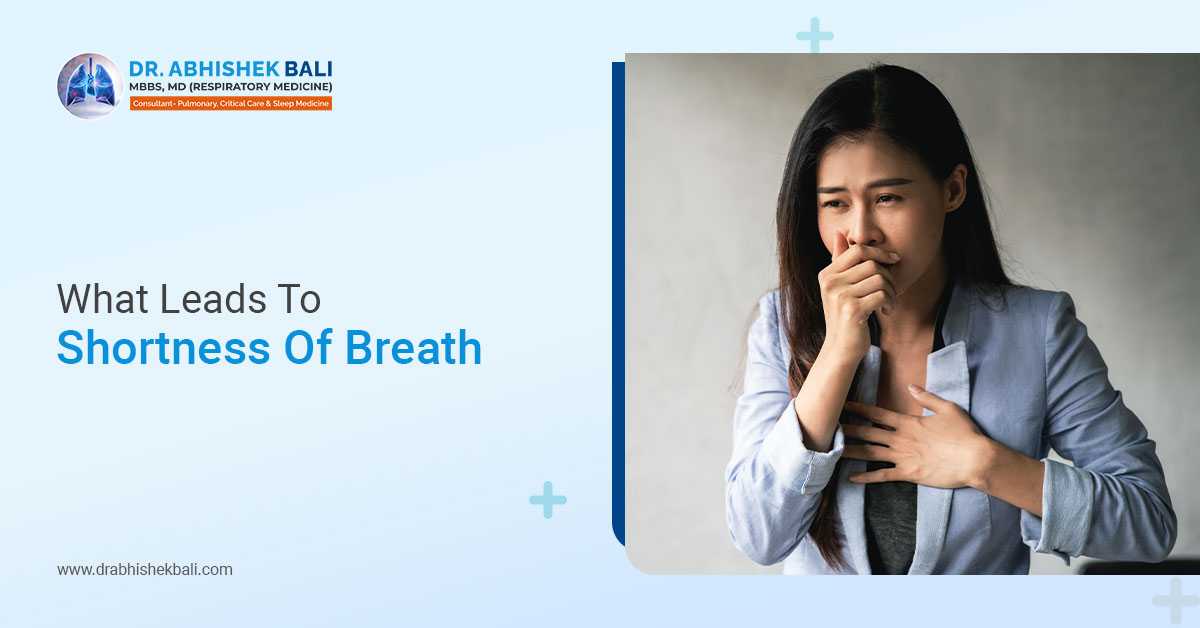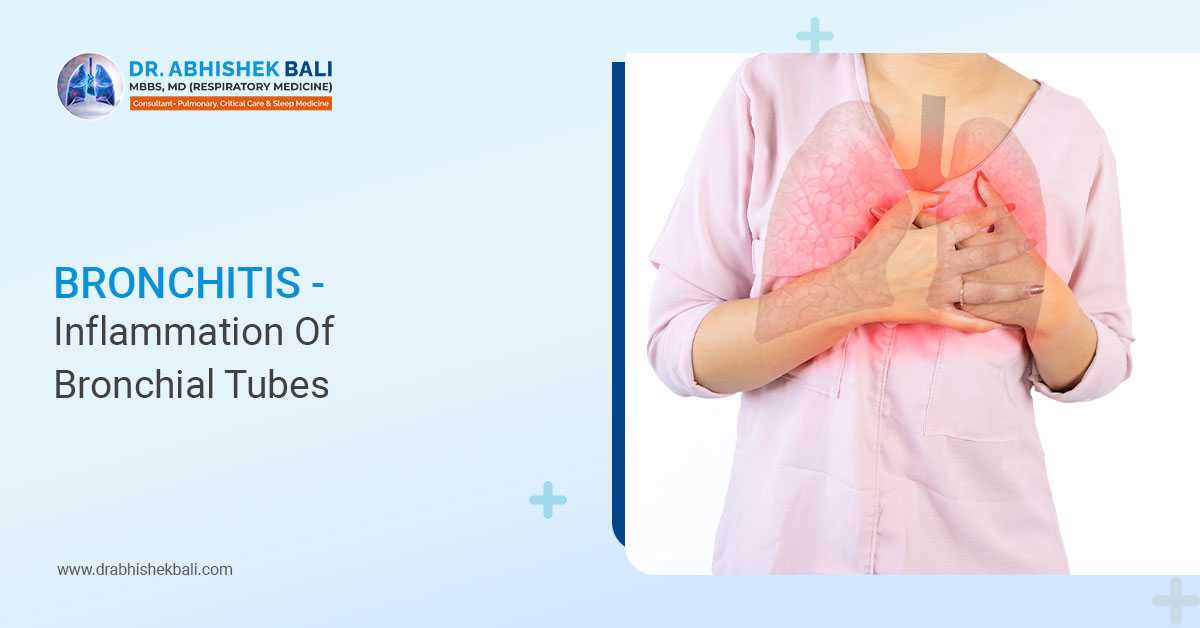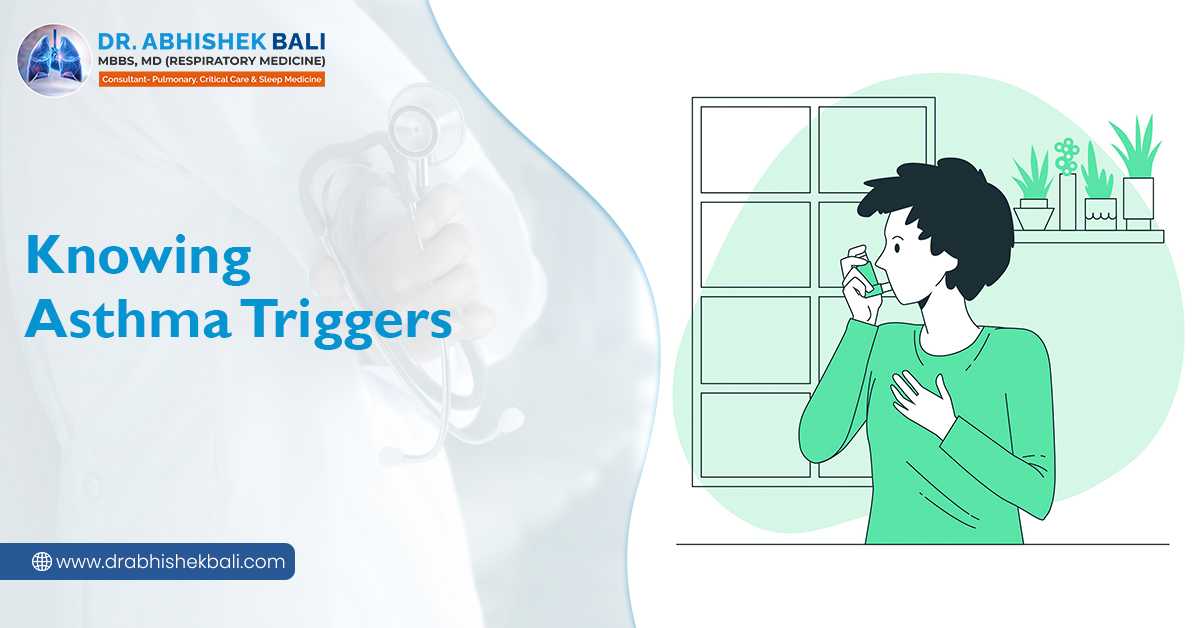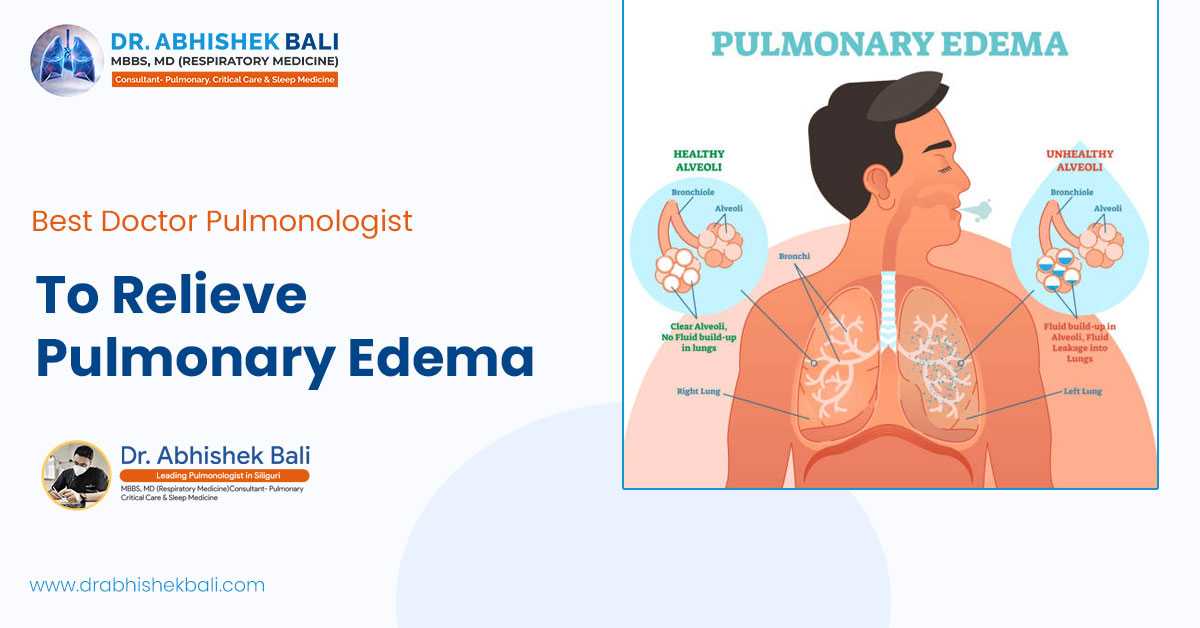Accumulation of excess fluid in the air spaces and tissues of your lungs is what doctors term pulmonary edema. Breathing difficulty is one of the significant discomforts of this health complaint.
Knowing the underlying cause helps give you optimal recovery. Therefore, early access to health evaluation is of need. Reasons can be several, including heart conditions, drug overdose, high altitude, intense trauma, certain medication, lung conditions, or kidney failure. To improve your health, reach out to the top doctor pulmonologist in Siliguri.

Knowing the Signs of Pulmonary Edema
Symptoms of the condition may develop quickly or with time. Below are the discomforts of pulmonary edema:
Long-Term Pulmonary Edema
- Shortness of breath during physical activity or when lying flat
- Wheezing
- Waking up at night because of a sense of breathlessness that heals when you sit up
- Swelling in the lower body
- Fast weight gain
- Fatigue
- Coughing/new cough
Acute Pulmonary Edema
- Breathing difficulty, especially while doing physical activity or lying down
- Coughing up blood-tinged sputum
- Heart palpitations
- Cold skin, bluish lips
- Wheezing
High Altitude Pulmonary Edema
- Headaches
- Shortness of breath with exercise or at rest
- Coughing
- Rapid/irregular heartbeat
- Dry cough
- Chest pain
- Fatigue/weakness
- Fever
When to Visit a Doctor?
Make sure to visit a doctor if you develop the following discomforts:
- Shortness of breath
- A feeling of suffocation
- Blue skin
- Gasping sound when you breathe
- Frothy sputum while coughing
- Low blood pressure causes dizziness, sweating, weakness
Ask for medical assistance/emergency help in case of urgency.
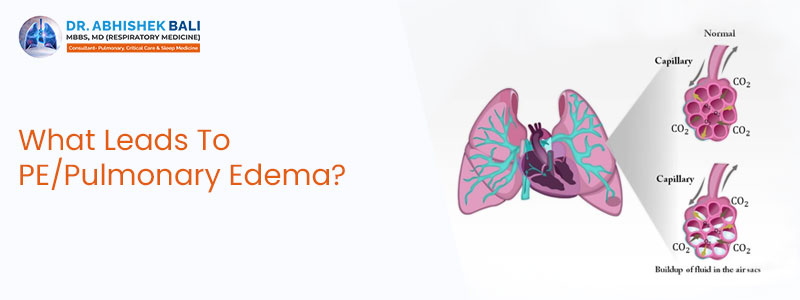
What Causes Pulmonary Edema?
Different reasons for developing pulmonary edema include:
- Coronary artery disease is a condition that results in the narrowing of coronary arteries. Therefore, obstructed, oxygen-rich blood flow to your heart causes chest pain, breathing issues, dizziness, weakness, shortness of breath, or even a heart attack.
- High blood pressure in which the blood force against artery walls is abnormally high, causing risks like stroke, heart attack, heart failure, metabolic syndrome, or dementia.
- Cardiomyopathy can be either acquired or hereditary heart disease that disturbs the heart to supply blood to the rest of your body.
- Heart valve disease is responsible for shortness of breath, heart murmur, chest pain, irregular heartbeat, abdominal swelling, etc.
- Acute respiratory distress syndrome is the build-up of fluid in the alveoli in people who’re critically ill. Here the risks of blood clots, lung collapse, and scarring of lung tissue increase.
- Exposure to toxins may lead to the development of pulmonary edema. At the same time breathing in substance while vomiting may cause the same concern.
- Coming in contact with high elevation/altitude may increase the chance of pulmonary edema.
- Injury to the head, seizures, or after brain surgery, the patient may get PE. Immediate medical care provides faster healing.
- Congestive heart failure is one of the leading causes of pulmonary edema in which the heart fails to pump an adequate amount of blood it should. Signs may include shortness of breath, leg weakness, palpitation, hacking cough, and fatigue. In order to get treatment for breathing problems in Siliguri, talk with the best pulmonologist today.
Treatment for pulmonary edema rests on its underlying reason. If a heart disease is responsible, your pulmonologist may refer you to a cardiologist. Medications, and lifestyle improvements aid in promising healing as advised by the doctor. You may require oxygen therapy for severe shortness of breath.

